Responsible Banking
February 9, 2024 2024-06-25 7:46Responsible Banking
Enabling Your Vision
Enabling Your Vision
Responsible Banking Certificate
The EIF International Certificate in Responsible Banking (EICRB) course is designed to provide the financial industry professionals with an understanding of the climate issues the world is facing and the role of financial industry to provide solutions. The program will help the learners to understand how responsible banking can help in ableable growth and development. The program will provide in-depth knowledge in the areas of Net zero, global climate impact on organization and the Principles of Responsible Banking. The aim of this program is to offer learners with knowledge about the role of responsible banking to make prudent financial decisions.
The EIF International Certificate in Responsible Banking is suitable for:
- Finance Professionals: Suited for individuals already in financial roles, including financial advisors, investment managers, and wealth planners, seeking a comprehensive understanding of responsible banking and ESG principles.
- Sustainability & CSR Professionals: Specifically designed for current or aspiring managers in the field of sustainability of CSR, offering specialized knowledge and skills to enhance their ability to make informed decisions.
- Investment Advisors: Relevant for professionals involved in investment advisory roles, providing a robust foundation in Responsible Banking principles and practices to better cater to the diverse needs of clients.
- Regulatory & Compliance Officers: Ideal for regulatory and compliance officers looking to deepen their expertise in, enabling them to provide more comprehensive and integrated financial advice towards regulatory requirements.
- Aspiring Financial Leaders: Beneficial for individuals aspiring to leadership roles in the financial industry, offering a well-rounded understanding of critical roles banks play in advancing sustainability.
After completion of the certification, the learner should be able to:
- To define and understand the concept of Responsible Banking in the financial domain.
- To align the goals of banking industry with the society and embedding Principles of Responsible Banking.
- To evaluate the products and offering in Green and Sustainable Finance.
- To examine sustainable banking solutions for clients and customers.
- To examine the impact of climate change and how Responsible banking can support.
- Identify the crucial role of management in promoting responsible banking practices at all levels of the organization.
The certificate is delivered in two parts. Level 1 focusses on the basic terminology and concepts of Responsible banking, Sustainable Finance, products and ethics in Banking. Level 2 focusses on an advance level of knowledge towards ESG integration, Net Zero, Green washing and policies and procedures relevant for Management decision making.
| Level 1 | Level 2 | |
|---|---|---|
| Entry Requirement | None | Successfully passed Level 1 |
| Syllabus |
|
|
| Exam | One-hour exam consisting of 30 multiple- choice questions. Passing percentage is 60% | One-hour exam consisting of 30 multiple- choice questions. Passing percentage is 60% |
A certification in responsible banking gives professionals the specific knowledge and abilities needed to advance social responsibility, sustainability, and ethical behavior in the banking industry. Individuals obtain a thorough awareness of environmental, social, and governance (ESG) factors, responsible banking practices, and the role banks play in promoting positive social and environmental impact through extensive training.
Professionals with a certification in responsible banking are essential in incorporating sustainability into risk management, decision-making, and banking operations. They are knowledgeable about ethical lending standards, green banking initiatives, and sustainable finance methods. They also know how to match banking operations with social and environmental goals.
Furthermore, certification programs for responsible banking place a strong emphasis on the value of responsibility, transparency, and stakeholder involvement. In order to understand the requirements and concerns of stakeholders—such as consumers, investors, regulators, and communities—certified personnel are educated to interact with them. They then integrate their feedback into banking procedures.
The Responsible Banking certification emphasizes leadership and governance abilities in addition to technical proficiency. In order to advance responsible banking practices, certified professionals are trained in driving organizational change, establishing responsible banking policies, and spearheading sustainability initiatives.
All things considered, the Responsible Banking certification equips professionals to drive the shift in the banking sector toward one that is more environmentally and socially conscious. Certified professionals provide a beneficial impact on society and ensure the long-term sustainability of the banking industry by incorporating environmental, social, and governance factors into banking procedures.
Become Certified in Responsible Banking
Fill out the form with the necessary details and receive updates about the inquiry straight to your inbox.
Looking for other certification options? Check out the list below this contact form.
Please prove you are human by selecting the flag.



